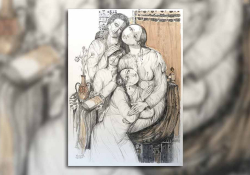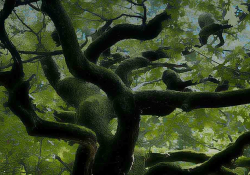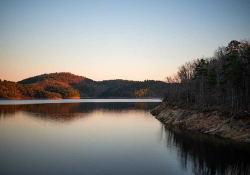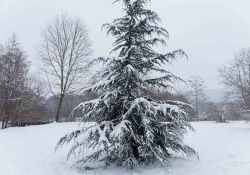Five Catalan Poems
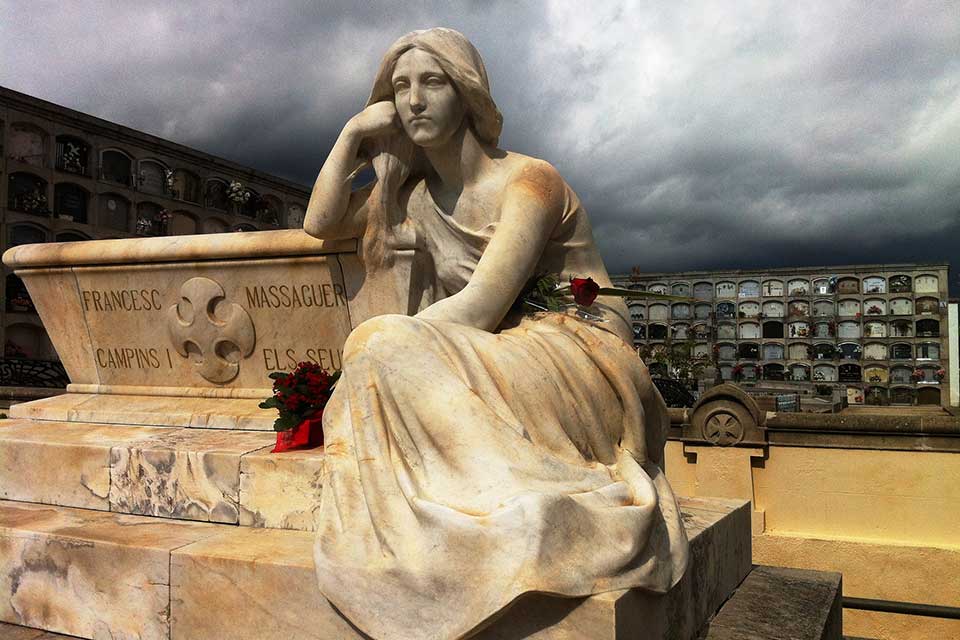
The Pounding of Hoes
The pounding of hoes — don’t you hear them?
Behind high stone walls,
unceasing, yet slow,
beyond the folds of time.
They tore out the vines. They burned the fresh shoots.
Desert spread across the good earth.
Our old and anxious feet dragged
along the snaking dust-choked riverbed.
Wisdom cried out to fallow fields
and dry, wind-blown reeds:
Look at yourself in me as you approach
the death that waits for you.
Squatting in shadows, hired men
uproot the naked winter vines.
There is not enough light to fill the sky’s vast emptiness.
Just the pounding of hoes in the deepening cold.
Beside the Sea
Beside the sea. I had
a house, and my dream,
beside the sea.
The high prow. The open roads
of the water, the narrow
skiff I commanded.
My eyes once knew
all the restfulness and order
of a little country.
How badly I need to tell you
about the terrifying rain
against the windows!
Today the dark of night
falls upon my house.
Black rocks
lure me toward destruction.
Held captive by a song,
all my efforts useless,
who can guide me toward dawn?
By the sea. I had
a house, a dream that would not end.
How Tiny the Country
How tiny the country
that enfolds the graveyard!
This sea, Sinera,
the pine and vineyard-covered hills,
the dusty riverbeds. There is nothing
I love more but the shadow
of a drifting cloud.
The slow memory
of days
forever gone.
Passing through Sinera’s Gates
Passing through Sinera’s gates,
grasping at crumbs of old memories.
My frail, useless prayers
echo in the silent streets.
Charity never cut the bread I ate,
the time I lost. Waiting for me,
my only hope for alms,
are the faithful, verdant cypress trees.*
* Cypress trees are commonly found in Catalan cemeteries.
The Boat Is Moored
The boat is moored
in the peace of Sinera,
where old hands rest
under old trees.
Late summer drifts away
in the smoke of burning leaves
while I wait
only for time that has passed.
Editorial note: From Llibre de Sinera (1960; The Book of Sinera).





